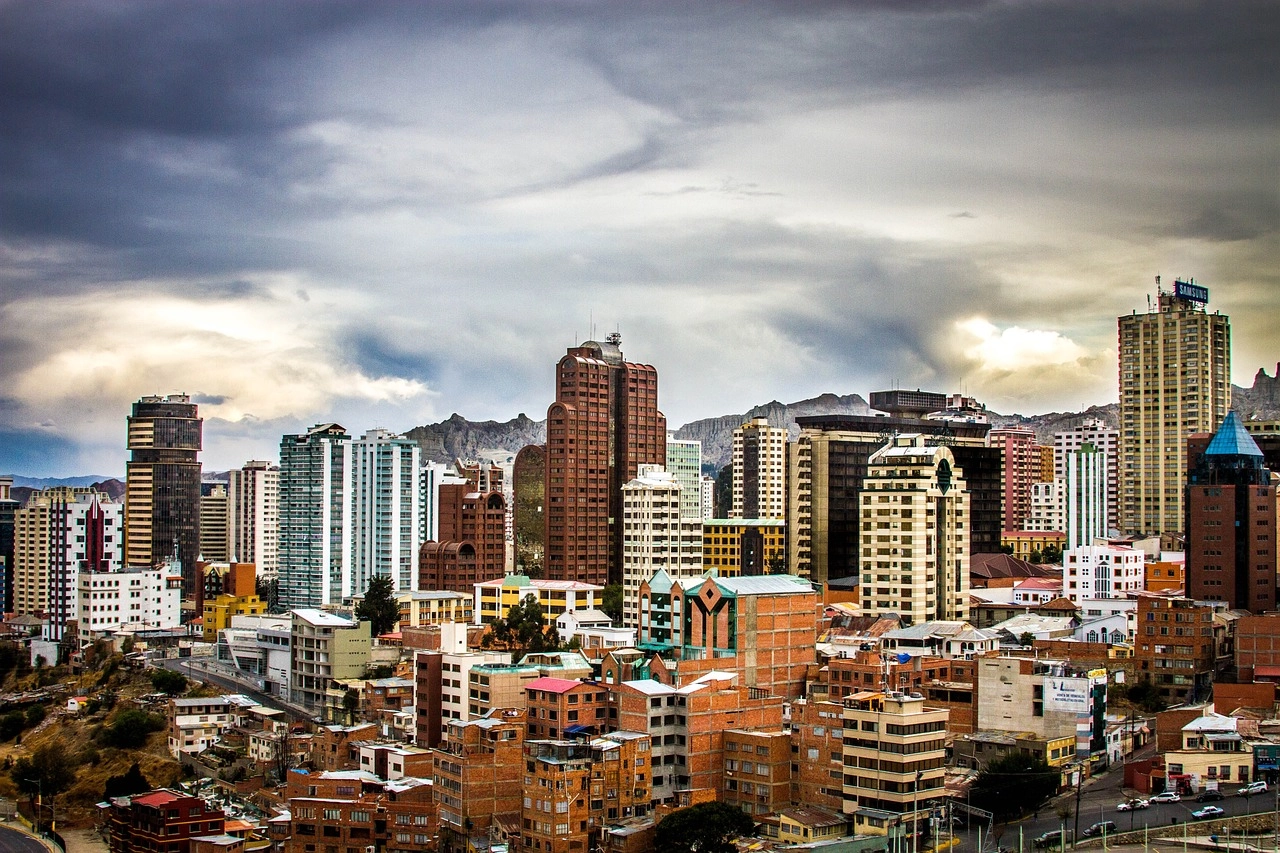How to open a company in Bolivia as a foreigner
Bolivia is one of the South American countries that is extremely rich in natural resources. Opening a company in Bolivia is an interesting opportunity for many investors and entrepreneurs, as the country is experiencing increased trade and improved business opportunities.

2024/11/27
116







